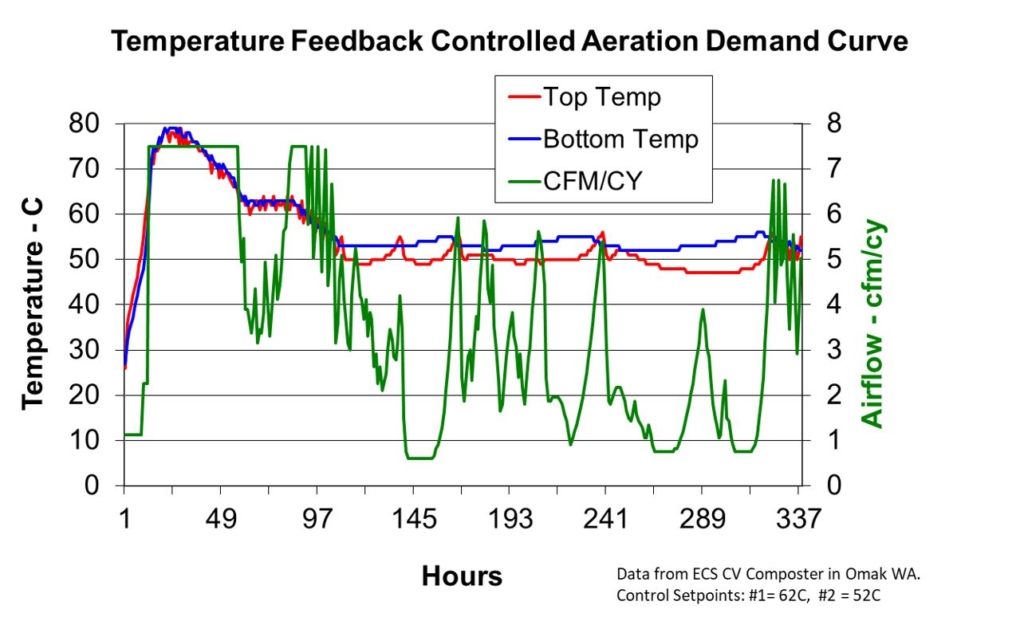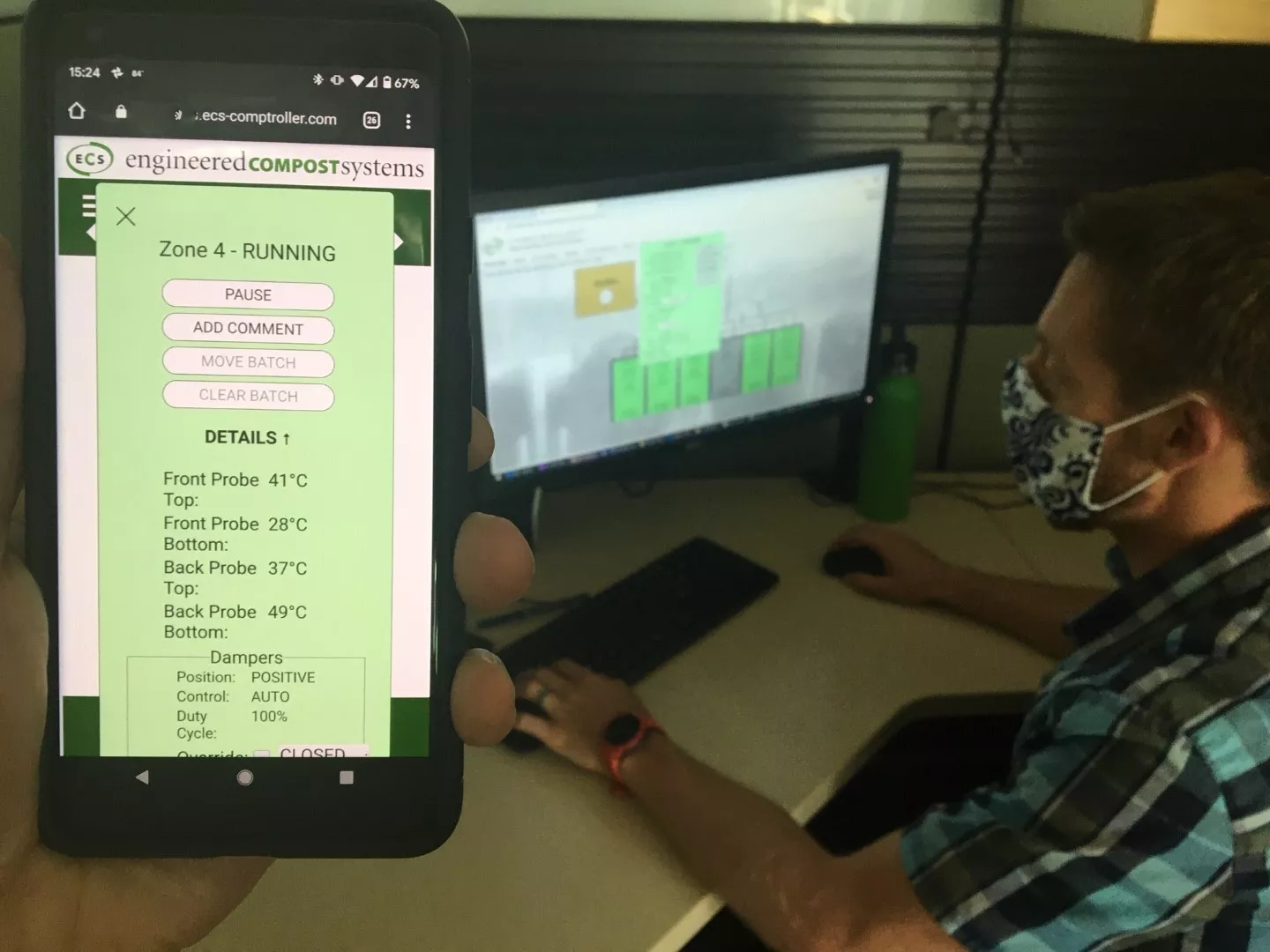Collectively, Engineered Compost Systems scientists and engineers have more than 120 years of experience successfully supporting large-scale composting systems. You could say we have the design, development, deployment, and maintenance of large-scale composting systems “down to a science.” Based on our experience, here are some things you’ll want to consider before setting out to establish your own commercial composting system—all of which we are happy to walk you through, step-by-step.
Every municipality has their own regulations your composting system will need to conform to, including odor control standards. We have provided independent compost consulting services to more than 80 clients and can help you navigate the complex, iterative process, often involving multiple regulatory agencies simultaneously. Our experience and specific historical data advocate for both favorable and achievable operating conditions. Without this support, regulators often use default values which can result in overly onerous (not to mention, prohibitive!) requirements.

We have identified a few best management practices (BMPs) that should be checked regularly at any composting facility to help ensure smooth operating conditions. With regular sample collection and an understanding of the target and range within each BMP, site operators can use the data to make immediate changes, improve process conditions, and manage what will become a quality end-product. Based on our experience, which aligns with peer-reviewed science, some of the critical BMPs include:
In our 20+ years in business, we’ve seen varying approaches to aeration, though one of the most common scenarios: an existing operation experiences rapid heating, sustained low pH, and very slow rates of stabilization. While this can be ignored in a small household compost system, with large-scale composting operations, this combination can quickly lead to offensive odors and/or create a poor-quality product. Understanding the science of efficient composting helps establish an appropriate control sequence to manage pH, avoid inhibition, and improve composting efficiency.

There’s no need to start from scratch! ECS has collected data from both failed and successful commercial composting sites and, with help from scientific literature from Europe, we understand the fundamental and inescapable biological underpinnings that lead to sustainable, long-lasting programs.
The job is far from over once all permits are in place and your large-scale composting system is up and running. The key to keep it operating efficiently will be monitoring, monitoring, and more monitoring. We make this a breeze with automated monitoring from any secure web browser; and through other customizable support models.

For more details about any of these considerations, or to find out how we can help you get started with your own large-scale composting project, please don’t hesitate to reach out.
We want to learn more about your project goals. Call or email us to get started.